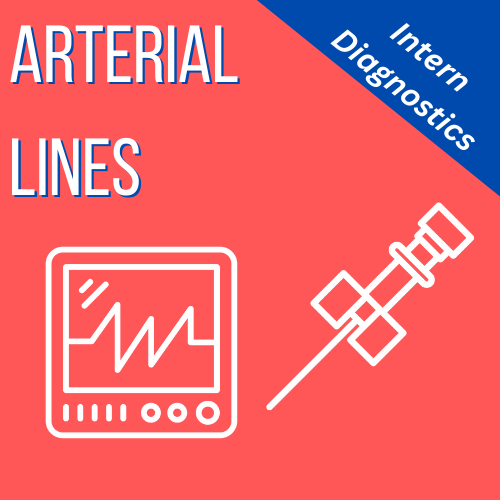Is a Cuff Enough?
/Sepsis is a leading cause of mortality for hospitalized patient’s both worldwide and in the United States. The surviving sepsis guidelines weakly recommend invasive arterial blood pressure monitoring (IABP) over noninvasive blood pressure monitoring (NIBP) with a blood pressure cuff supported by low quality evidence.(1) Data comparing the accuracy between IABP and NIBP measurements are limited. The largest analysis of 736 critically ill patients found a mean difference of 1 mmHg which was not statistically significant, however, there was only one measurement recorded per patient.(2) Arterial lines have several drawbacks compared with non-invasive methods such as: training requirements for caregivers, potential for pain and increased pain medications, limitation of participation in physical therapy, risk of digital ischemia, and risk of iatrogenic infection.(3) In this journal club recap, we analyze an article looking at the relationship between invasive arterial line blood pressure readings and non-invasive cuff measurements.
Read More











